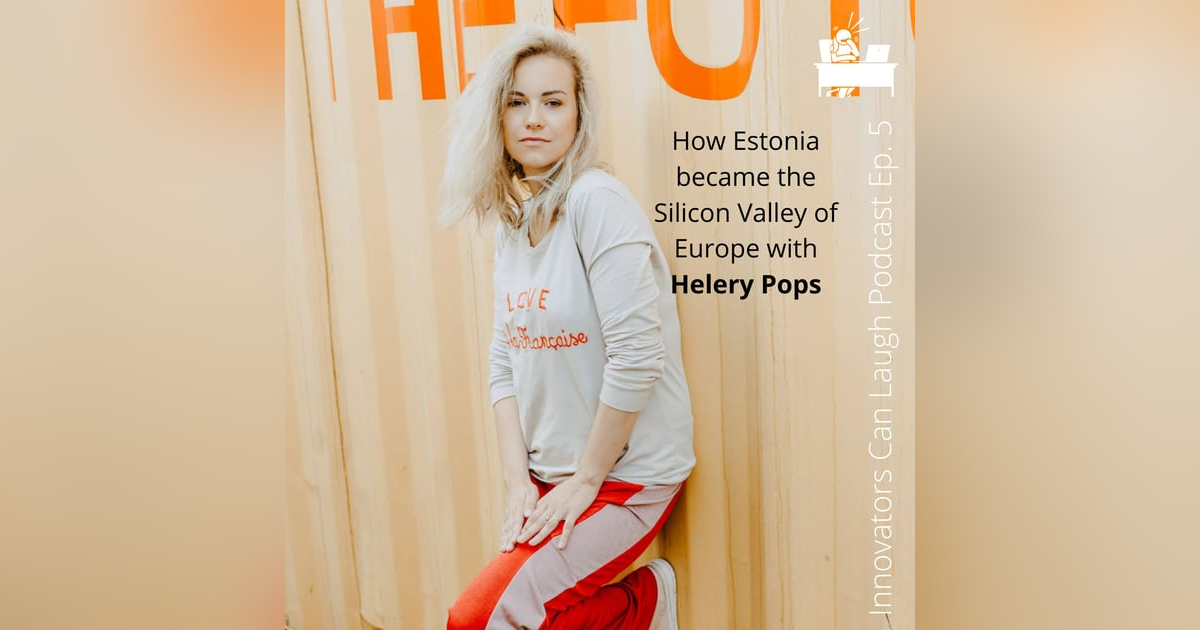How Estonia became Europe's Silicon Valley, the Global Hack, Pipedrive, Amber Bikes, and more with Helery Pops

Estonia is a very small country with a population of roughly 1.3 million people. So why is Tallinn, the capital, considered the Silicon Valley of Europe?
Helery Pops (@LinkedIn) is a Product Manager, surfer, and all-around software extraordinaire. Her career in software began in 2016 when she took a role as an inside sales consultant for startup Pipedrive. After advancing her career and taking on additional responsibilities including Product Manager (Pipedrive is now valued at over $1.5 Billion), she now serves as the Software Product Manager for Ampler Bikes where she leads a team of developers that’s responsible for developing the e-commerce system, stock management system, and services for partners.
In her own words: “Building e-bikes without truly delightful software to back it up is like eating pancakes without any toppings. It’s nutritious, but not really what eating pancakes is about. It’s about the Nutella and fresh berries.”
Throughout her experience, Helery has volunteered and been exposed to events such as the Global Hack an online hackathon that originated in Estonia and was put together to help solve global problems facing society.
Please enjoy!











